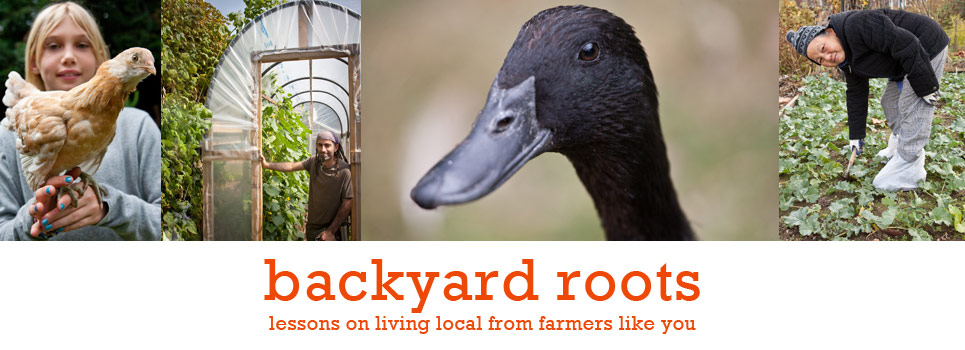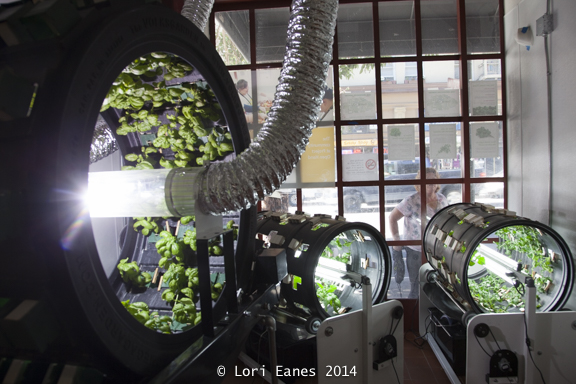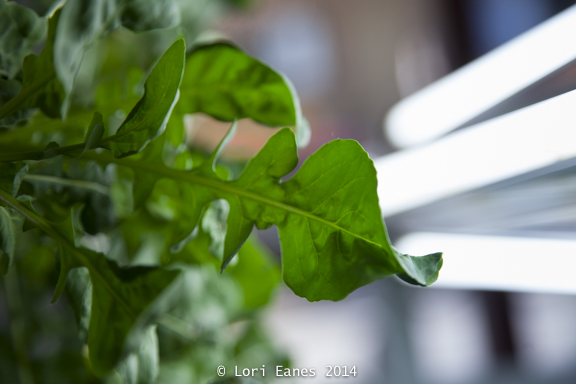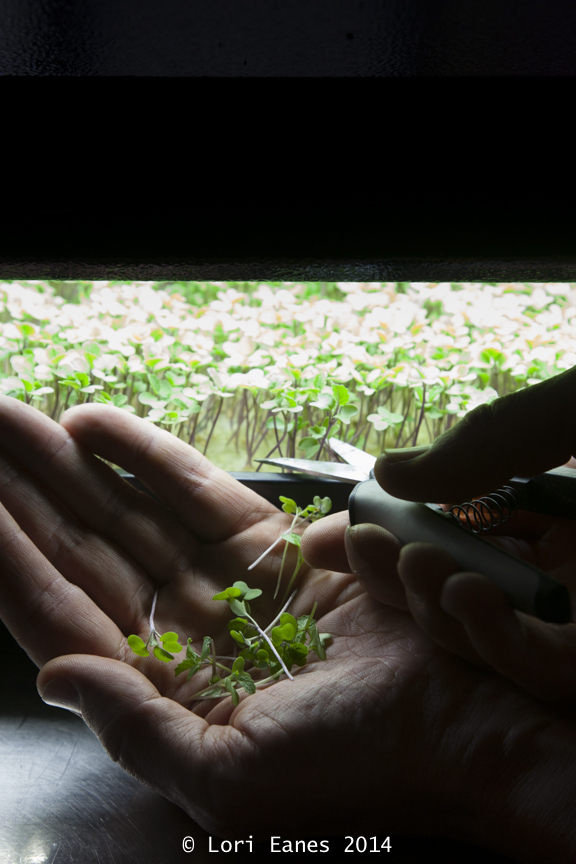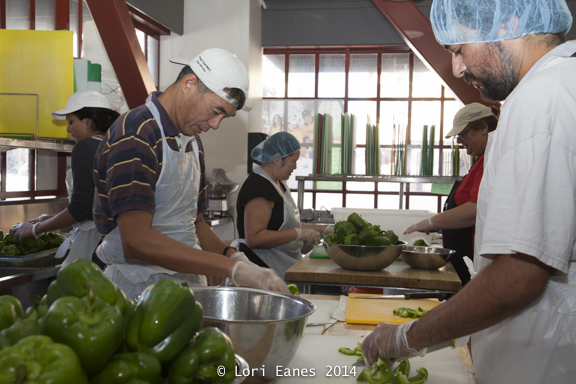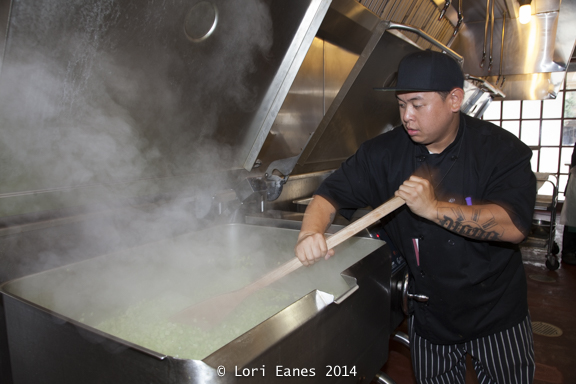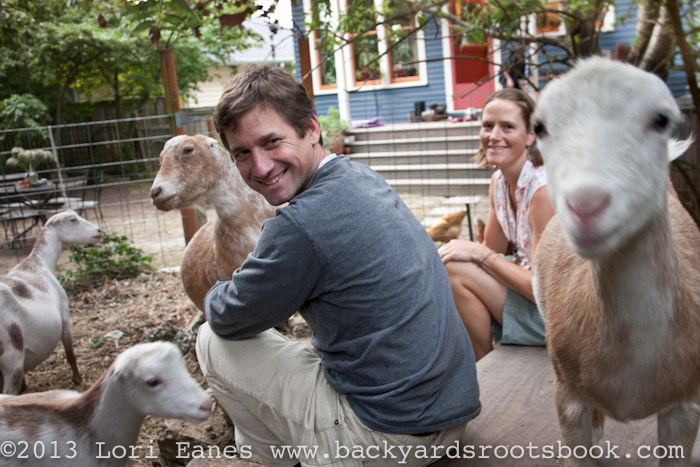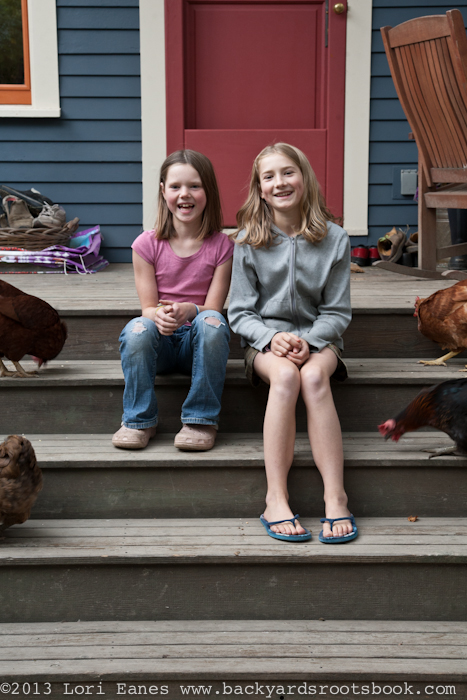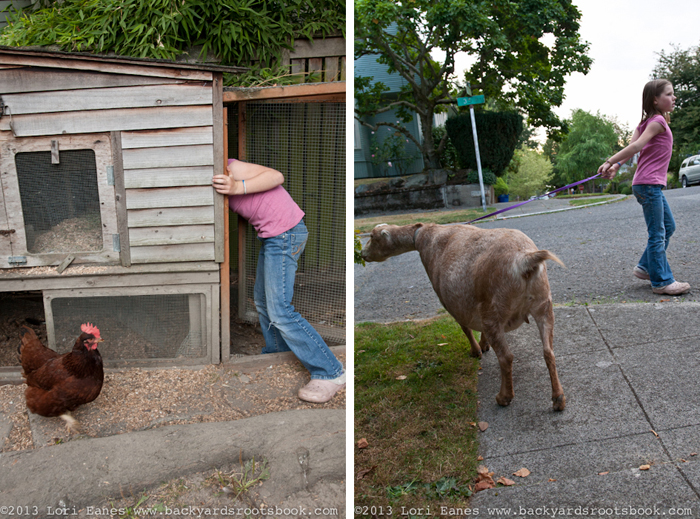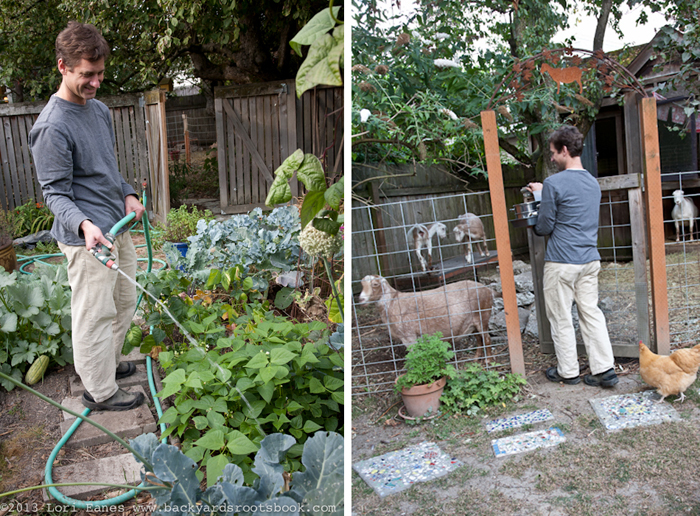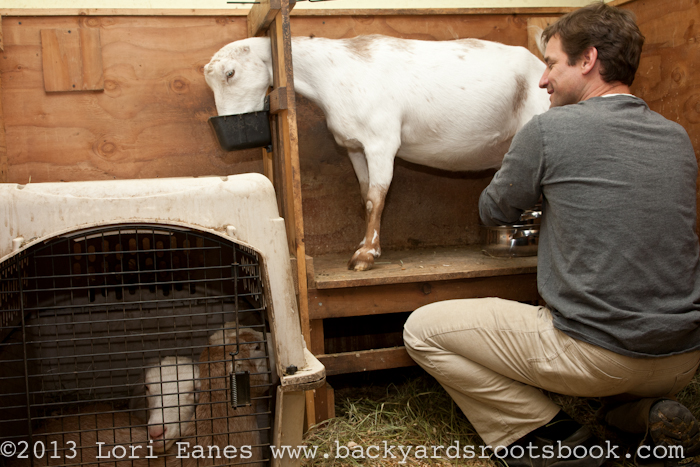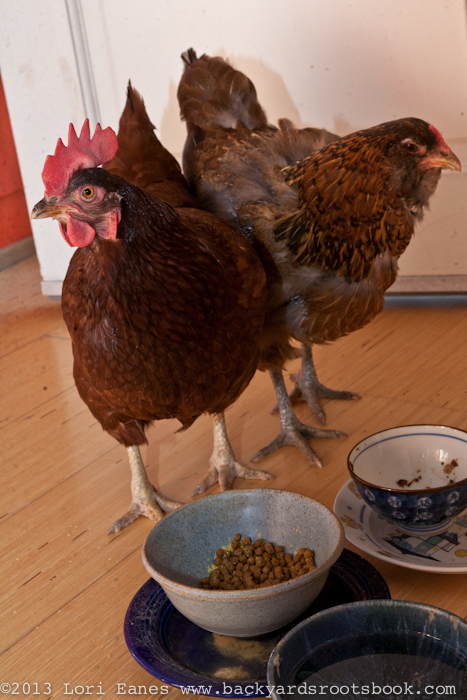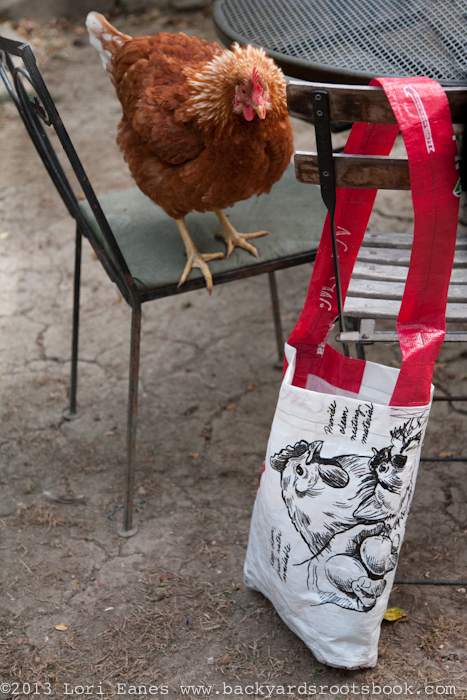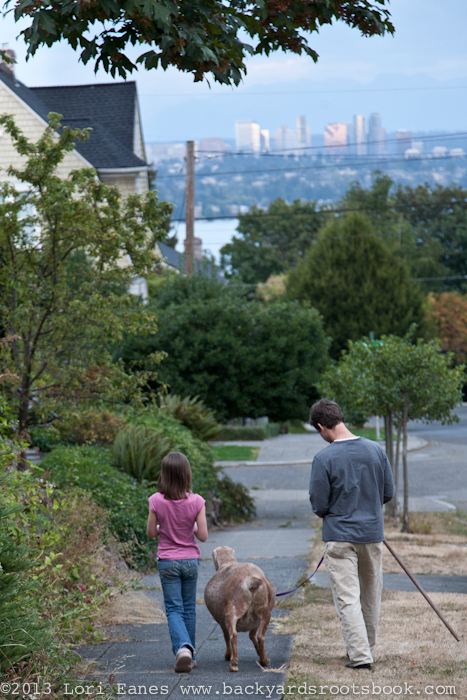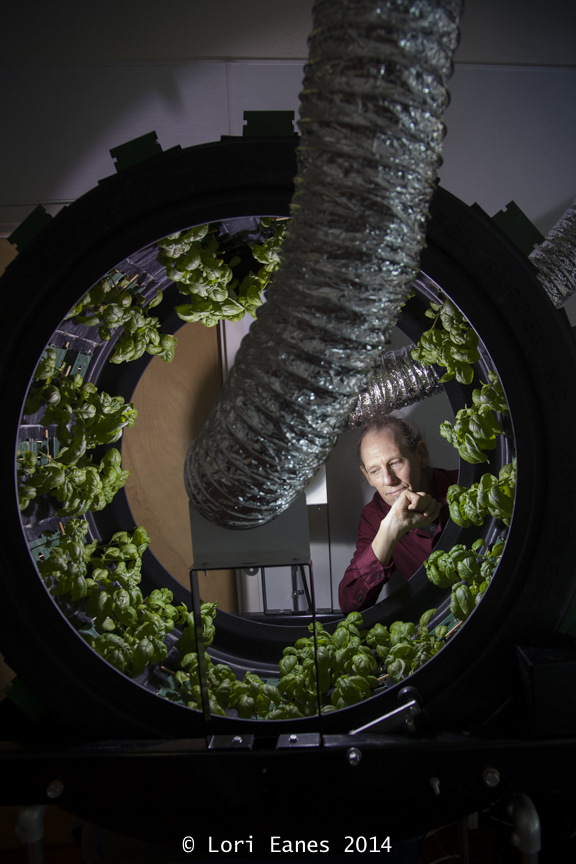
Steve Hunter with the Volksgarden hydroponics system by Omega Garden with basil plants, ready for harvest.
I never guessed I’d find a hydroponic system in the Tenderloin, but Project Open Hand has a greenhouse hydroponics system right next to their front door at 730 Polk Street. The idea was started by Steve Hunter, the director of Building Operations when he found he could not expand the rooftop garden because of the weight. 40 solar panels cover most of the roof already and the engineers advised against adding anything else. So he turned to hydroponics.
To get the idea off the ground, Project Open Hand launched a Kickstarter campaign and it immediately generated a lot of interest. The campaign raised $30,000 which allowed them to renovate the first floor room and buy two wheel shaped growers called Volksgardens made by Omega Garden in Canada. The system is designed for maximum yields in minimum spaces–growing up to 80 plants in the size of a closet. Perfect for downtown San Francisco.
The plants grow in substrate called rock wool and they rotate slowly around a central light that is on 16 hours a day. They soak in nutrient rich water each time they reach the bottom of the wheel so it’s crucial that the wheel never stops turning. Steve says “stopping the wheel equals plant death” and has to be checked every day. Insects are not a problem, but the PH levels and nutrient levels are constantly monitored.
Since last year they’ve purchased two new Volksgardens that are smaller and more efficient, yet grow the same number of plants. They new models use fluorescent lights that are also cooler so fans are no longer needed. Steve has found basil and speckled butter head lettuce to be their most successful crops. Seedlings are started under grow lights, then transferred to the Volksgardens. They are ready to harvest in about 6 weeks, although some of the micro greens are harvested at two weeks, before are even transplanted. The harvested greens and herbs are added to lunches but they are important for other reasons too. They engage the community and set an example as to what is possible. Steve envisions getting more Volksgardens and stacking them to increase the efficiency even more.
Project Open Hand was started by Ruth Brinker who began cooking meals in her kitchen for seven neighbors with AIDS way back in 1985. Today the non-profit prepares 2500 nutritious meals a day for sick, and elderly delivered hot to their door. and groceries for 200 more. The company works with 125 volunteers a day who prep food, deliver it and now volunteers are even involved in growing food in the hydroponics greenhouse.
Project Hand has it’s annual Open House October 23rd at 6pm. Come by and see it all for your self!
